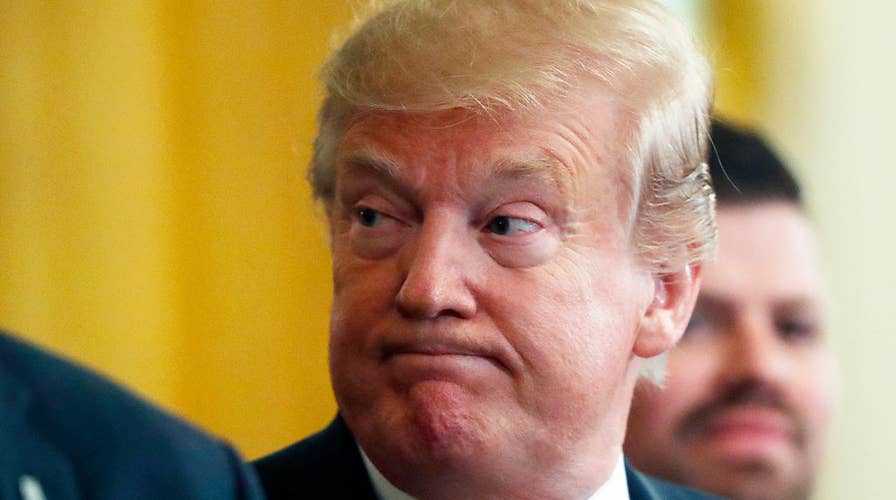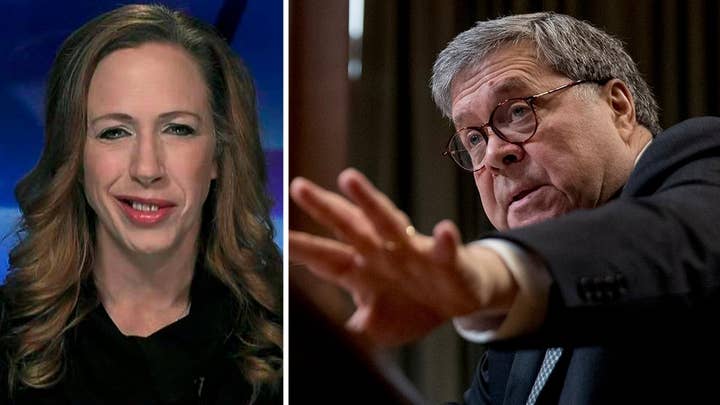Trump says statements made about him in Mueller report are 'totally untrue'
The president fires back on Twitter after the release of the Mueller report; Kevin Corke reports from the White House on the reaction.
By the fall of 2017, it was clear that Special Counsel Robert Mueller, as a former director of the Federal Bureau of Investigation, was too conflicted to take a detached look at a Russia-collusion story that had become more about FBI malfeasance than about Donald Trump. The evidence of that bias now stares at us through 448 pages of his report.
President Trump has every right to feel liberated. What the report shows is that he endured a special-counsel probe that was relentlessly, at times farcically, obsessed with taking him out. What stands out is just how diligently and creatively the special counsel’s legal minds worked to implicate someone in Trump World on something Russia - or obstruction-of-justice-related. And how -- even with all its overweening power and aggressive tactics -- it still struck out.
KIMBERLEY STRASSEL: THE MUELLER ‘COVERUP’ GAMBIT
Volume I of the Mueller report, which deals with collusion, spends tens of thousands of words describing trivial interactions between Trump officials and various Russians. While it doubtless wasn’t Mueller’s intention, the sheer quantity and banality of details highlight the degree to which these contacts were random, haphazard and peripheral. By the end of Volume I, the notion that the Trump campaign engaged in some grand plot with Russia is a joke.
Yet jump to the section where the Mueller team lists its “prosecution and declination” decisions with regards the Russia question. And try not to picture Mueller “pit bull” prosecutor Andrew Weissmann collapsed under mountains of federal statutes after his two-year hunt to find one that applied.
CLICK HERE TO KEEP READING KIMBERLEY STRASSEL'S COLUMN IN THE WALL STREET JOURNAL









































